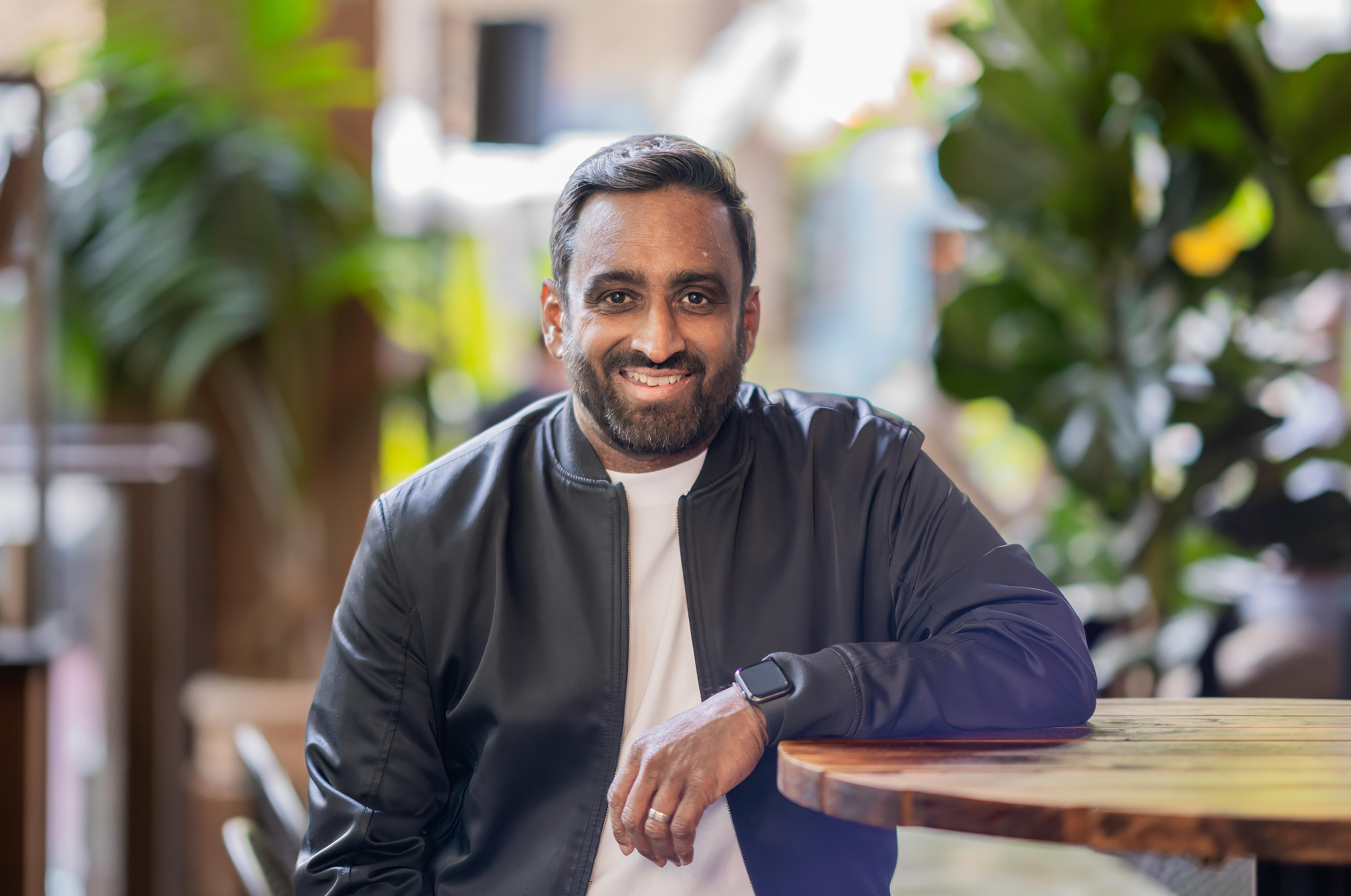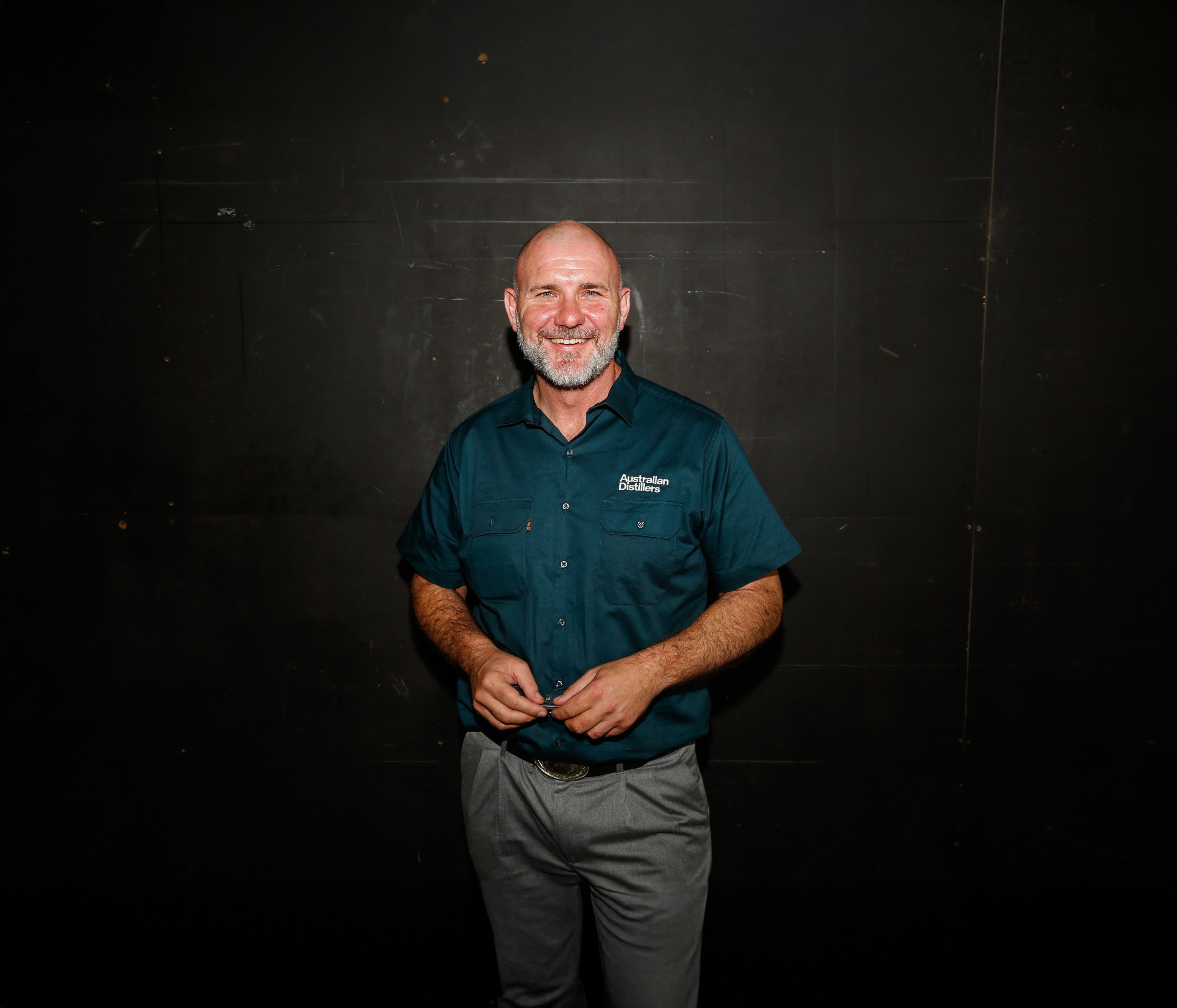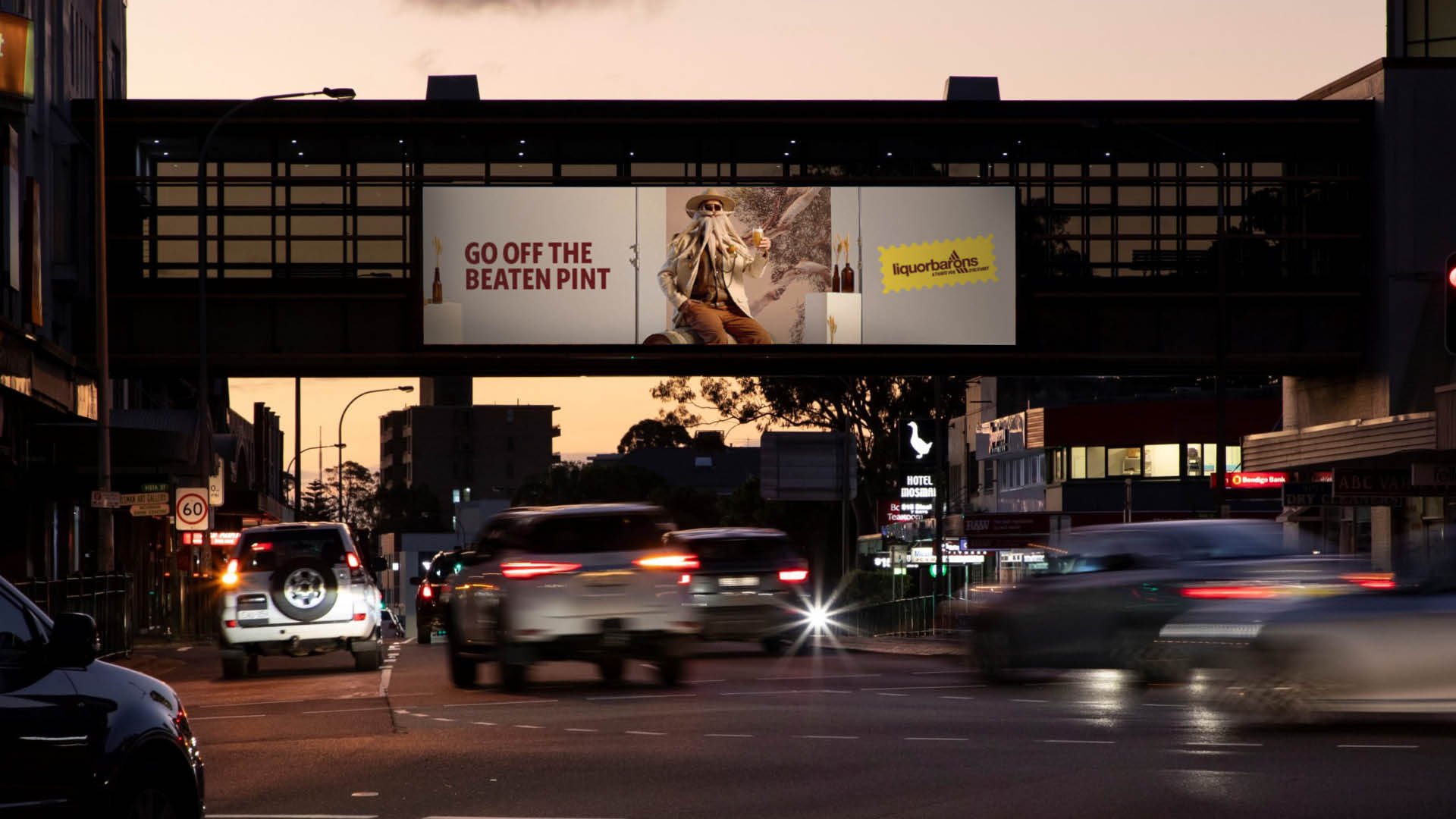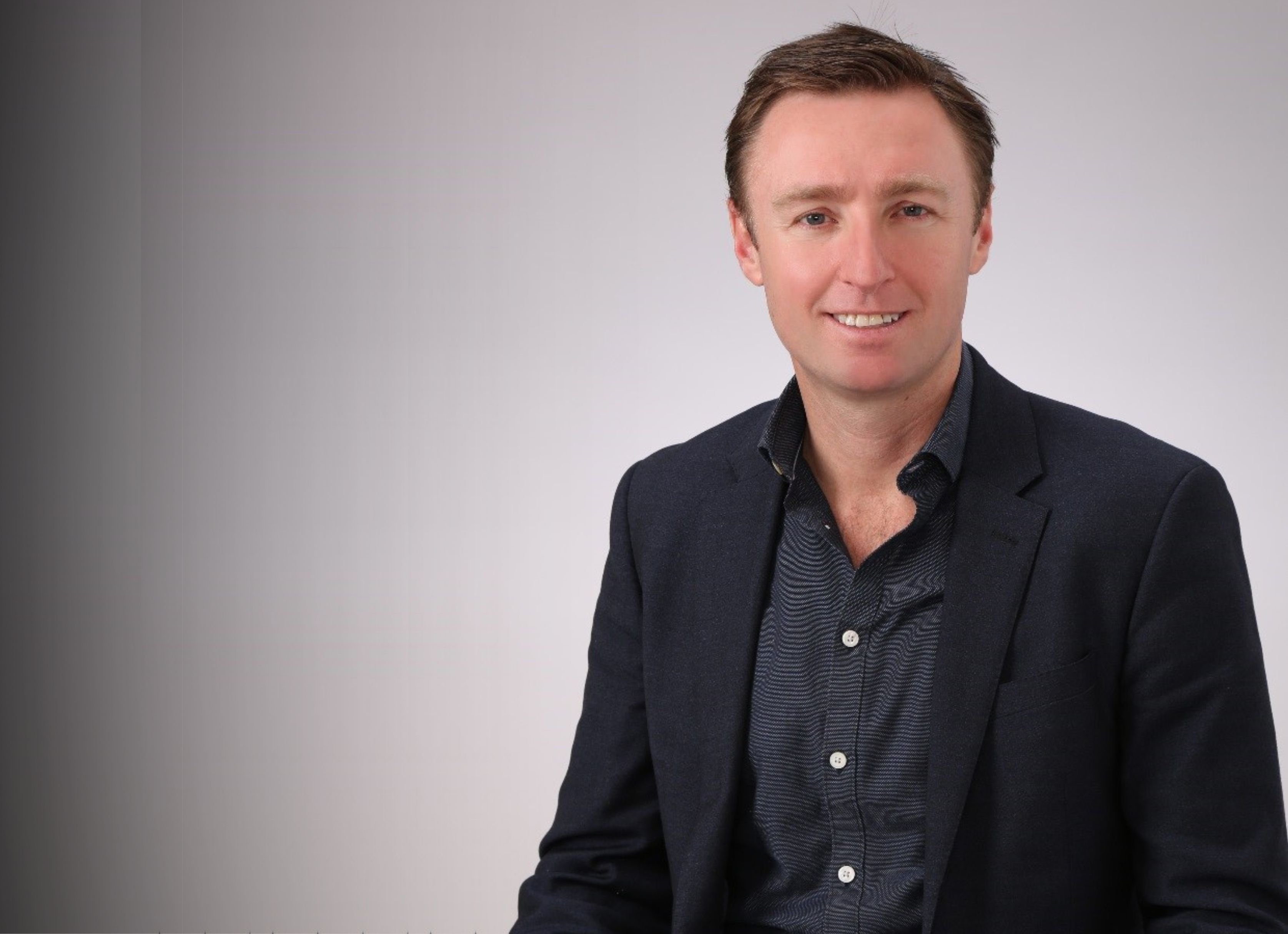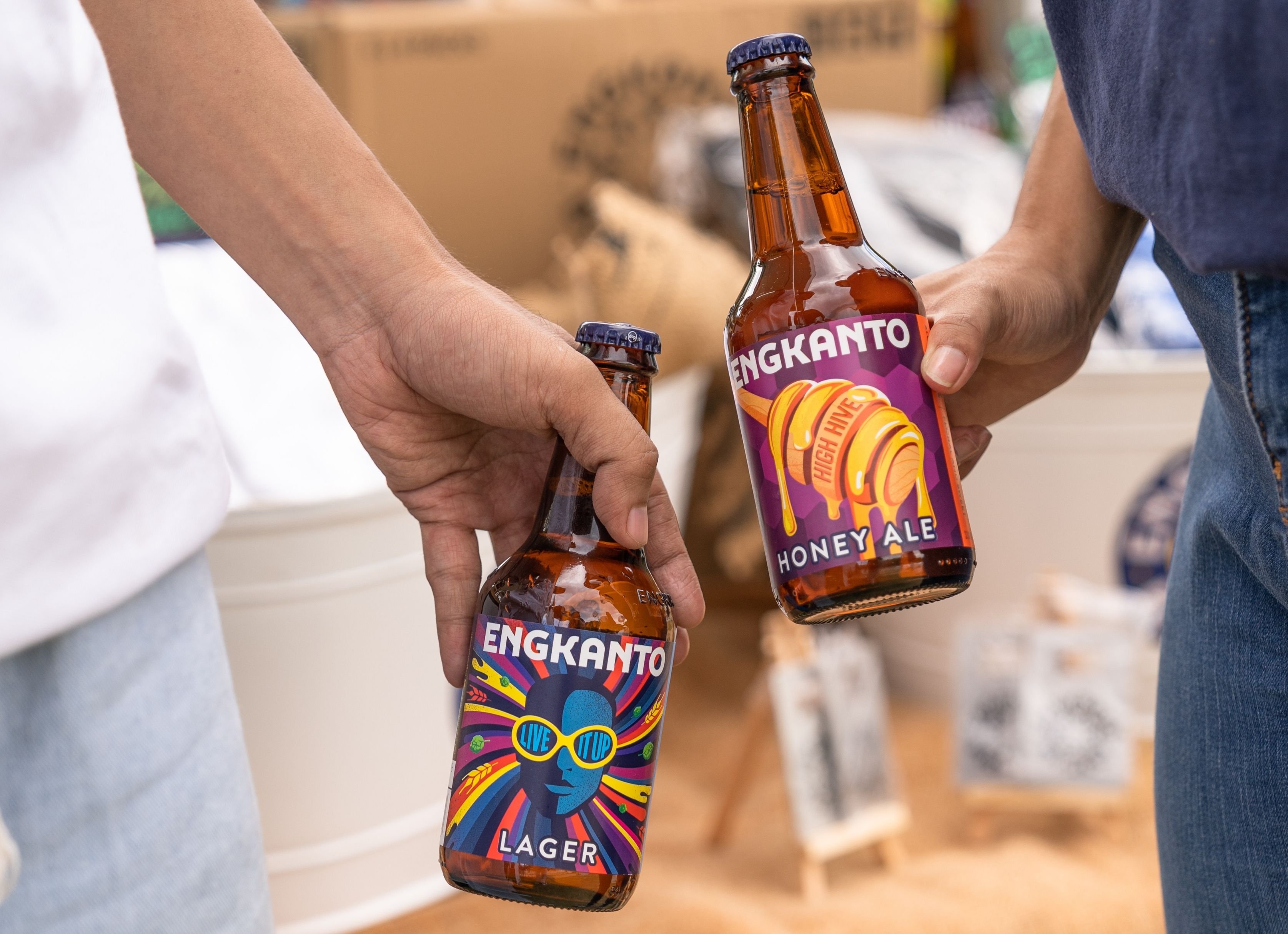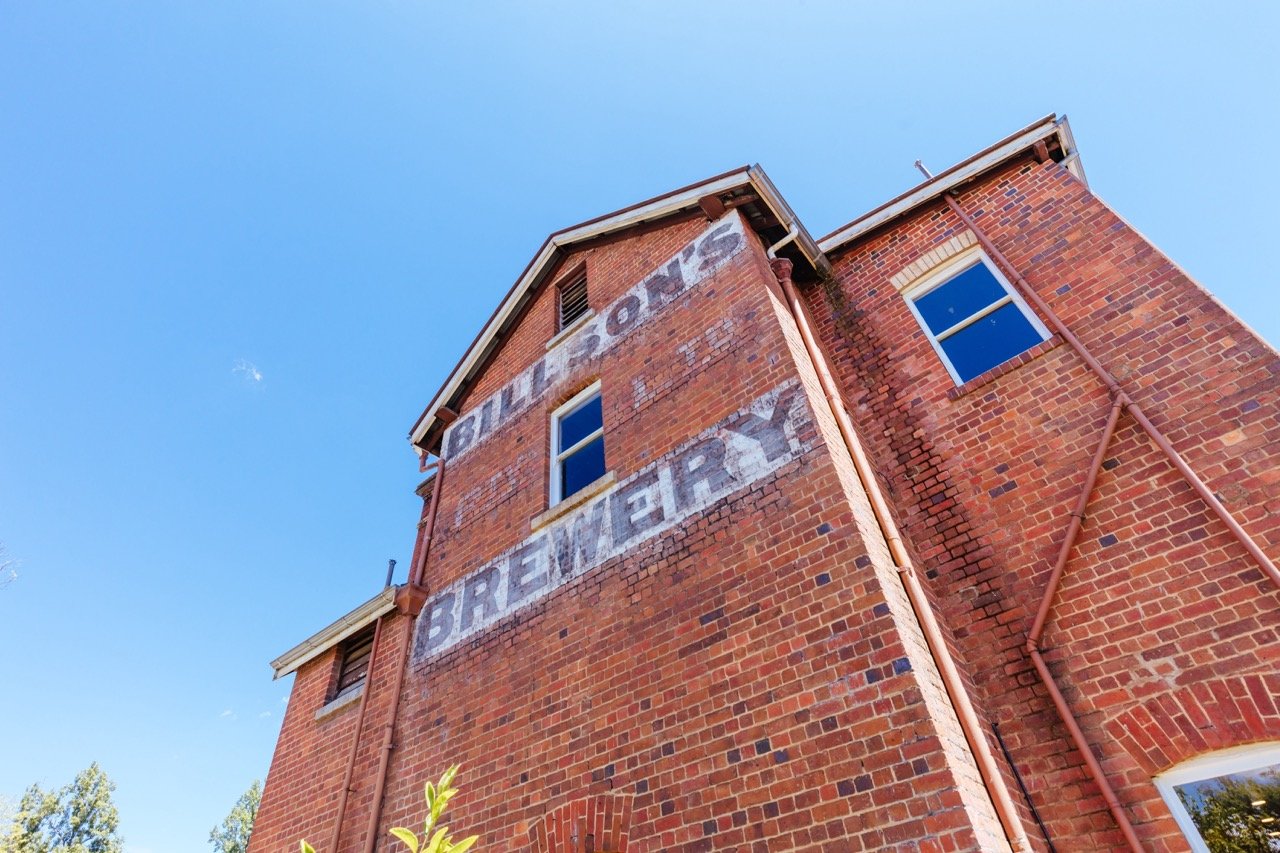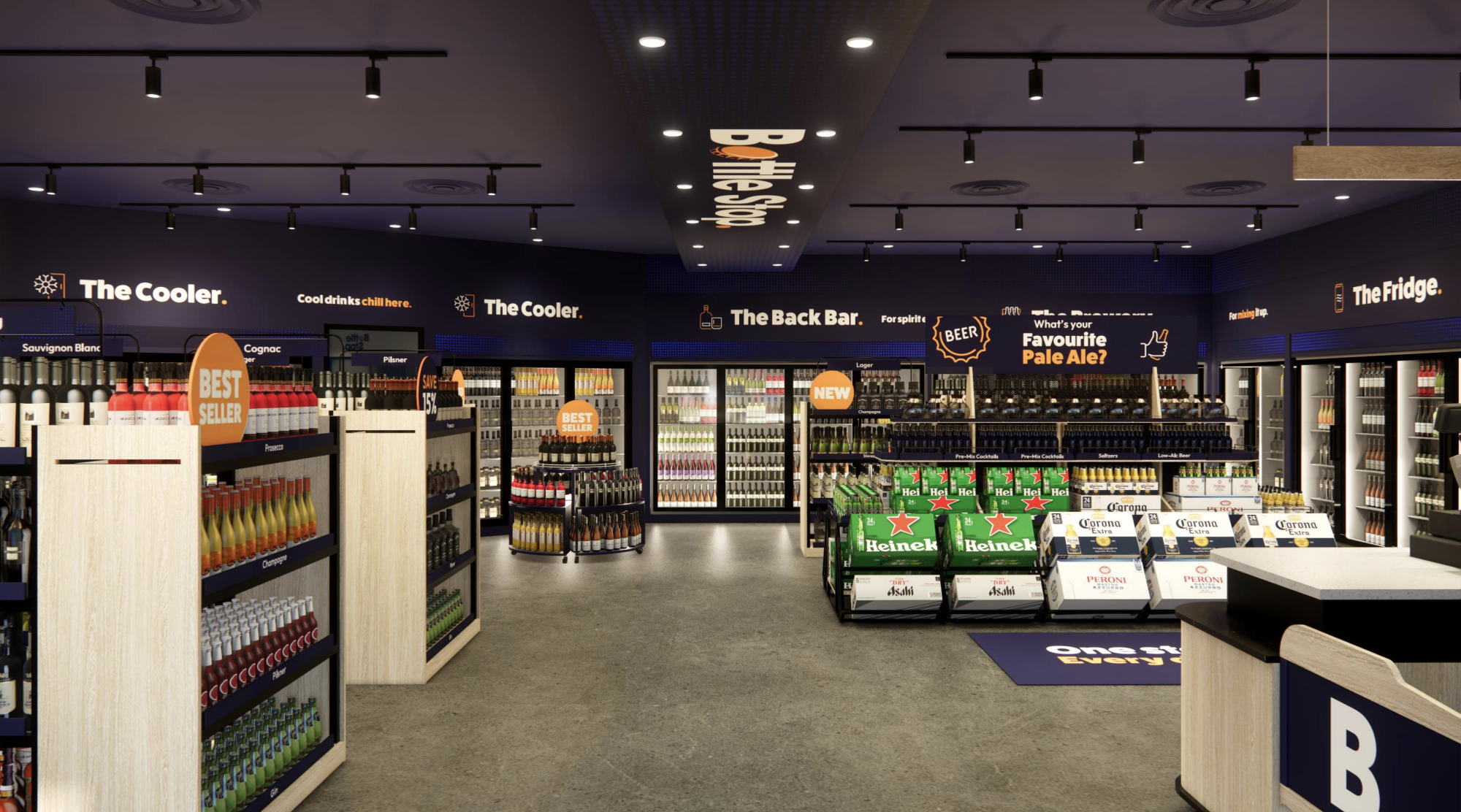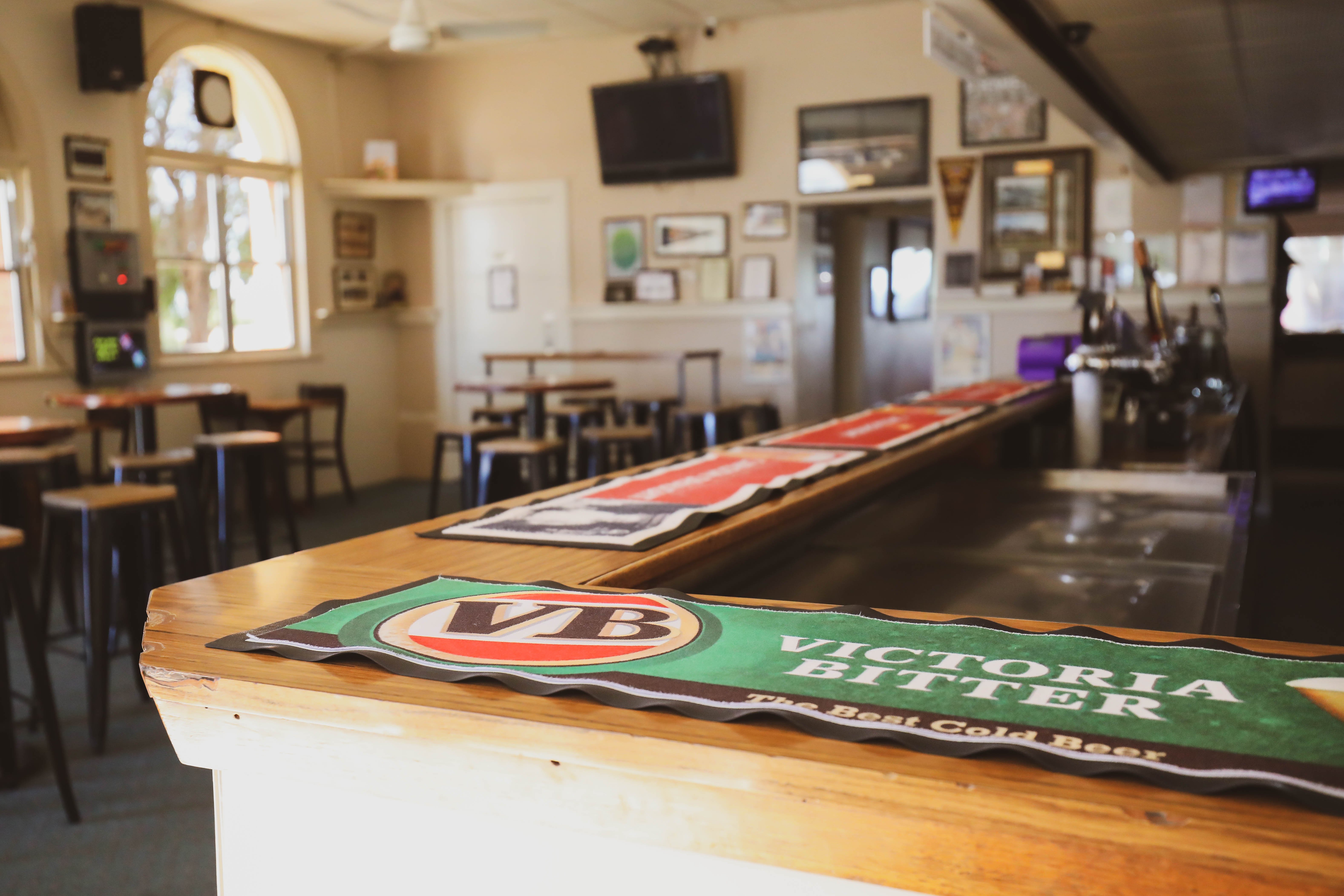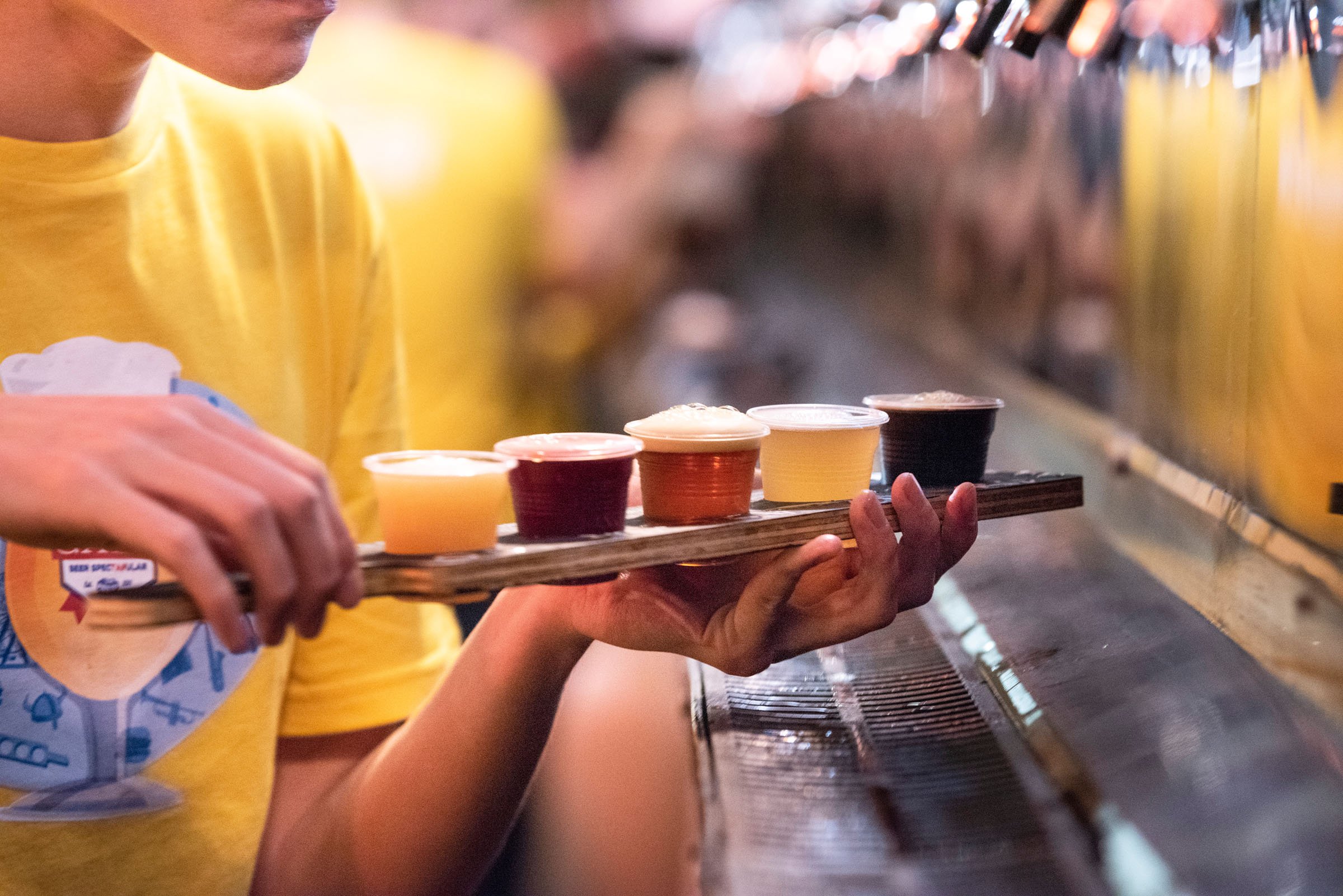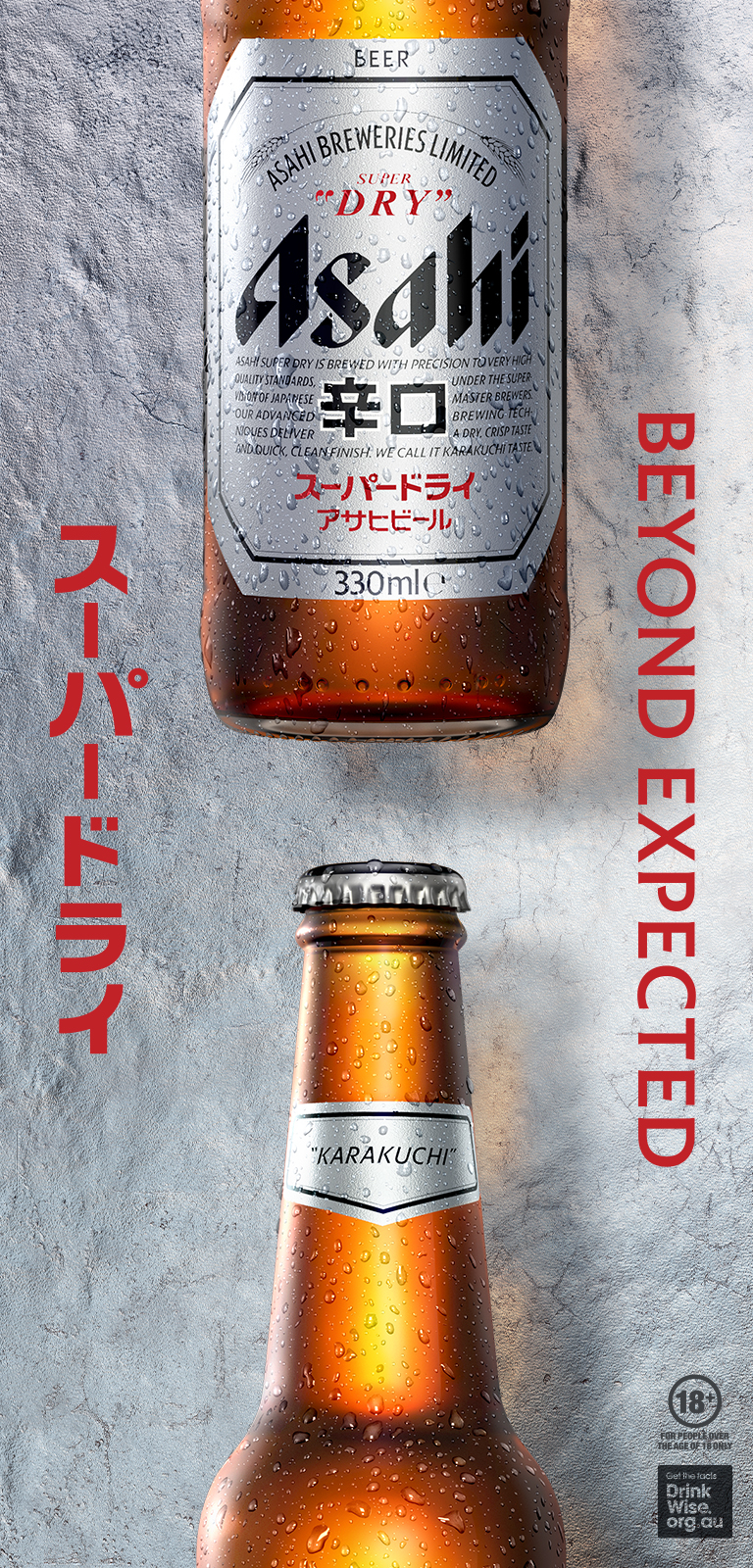Last Thursday, Sydney’s Inner West Ale Trail was officially relaunched via the Uptown District Acceleration Program, which forms part of the Office of the 24-Hour Economy's plan to to revitalise Sydney’s nightlife.
To gain a better understanding of what role the Inner West Ale Trail plays in the Office’s overall plan, Drinks Trade reached out to NSW’s first 24-Hour Economy Commissioner Michael Rodrigues and Director of the Inner West Ale Trail project Jacqui Stanton. This is what the two had to say:
Drinks Trade: Firstly, what is the Inner West Ale Trail and how does it tie into the goals of the Office of the 24-Hour economy?
Michael Rodrigues: The Inner West Ale Trail is one of 32 unique precincts taking part in our Uptown District Acceleration Program… It is home to 18 breweries and distilleries – not to mention the other great venues and businesses that bring this precinct to life, including Enmore Theatre, White Bay Power Station, and Factory Theatre. All producers and venues operating within the 24-hour economy space provide vital contributions, not just to the state’s economy, but to the artists and musicians who might perform in their venues, the visitors to our state looking for a safe, great night or day out and to their wider community
DT: Jacqui, you directed the project… What was your initial motivation to take it on?
Jacqui Stanton: What activated me was a couple of times [when] I went to an Uptown ‘Open Mic’ and other events where Destination NSW were presenting data; what shook me was this one slide which was talking about Sydneysiders and sort of like where they live and then where they love the most/what's their favourite place, and it was overwhelmingly the Inner West. And then the next slide was a slide about where international and national tourists go, and the Inner West wasn't even on the slide. So I thought this is crazy that, as Sydneysiders, we know that [the Inner West] is so cool and interesting and diverse, and we love it, yet no one else knows about it… Someone's got to do something about that.
DT: The Inner West Ale Trail has been around for quite a long time. What were the issues that you were hoping to resolve with the relaunch?
Jacqui Stanton: I consider these things an evolution. So, you know, I know that in 2006, they formed together as six breweries, and then in (I think it was 2019 from memory) there was some grant funding that was secured by a local artist called Peita Blythe, and that funding was for her to create an illustrative map, which really put it on the map.
I've been very, very conscious of saying that it's sort of a relaunch: it's not a launch - it's been around for a long time - it's a relaunch of the latest evolution. And that the Ale Trail is now a collective of 18 breweries.
When we think about how we get to do these things/when we talk about launching or relaunching, it's really to honour the funding bodies who've actually funded that.
DT: What benefits do breweries gain by being part of the ‘collective’?
Jacqui Stanton: So there are 18 breweries that are on the Trail now (indeed Bracket isn't open yet, but they will be soon, and also Heaps Normal, so it will be 19)... Basically what it means is that, when you think about these businesses, the collective marketing effort does a number of things. One: if you're a smaller business and you haven't got money for a marketing manager, you've now got one (two, indeed, because there's two of us working on it at this time). But then it's also that power of partnership and the elevated branding that comes with that. So the reach that we can get as Inner West Ale Trail/18 breweries: everyone benefits.
DT: Where did additional funding for the Inner West Ale trail come from?
Jacqui Stanton: With the Inner West Ale Trial, we were able to secure two grants… The second grant is called the Community Improvement District Trial Programme, and this is through Transport NSW.
This model is to test basically what can be achieved when you have a collective marketing and intervention. It's not all about marketing. But when you've got a team and funding that works on making places great and making them more enjoyable for the people who live there [it’s] more profitable for the people who work there and [helps] making sure that the economy is strong. So that's what that one is about.
DT: The Ale Trail also received funding via the Uptown Grant Program, which comes from your office, Michael… Can you explain the overall vision of the Office of the 24-Hour Economy?
Michael Rodrigues: Our vision for the state’s 24-hour economy is to cement NSW as a world-class nightlife destination for visitors, locals and workers alike. We are committed to supporting an environment for venues and artists to flourish, simplifying the regulation of entertainment sound, removing red tape for local councils to host special events and supporting outdoor activation through our Vibrancy Reforms. With a second tranche of reforms already under way – we'll have more to say on that in coming months.
We recently launched the new NSW 24-Hour Economy Strategy, which will serve as the blueprint for the Office's efforts to elevate NSW as a global leader in the night-time economy. It features five key pillars, including an enabling regulatory framework; vibrant, coordinated precincts and places; night-time workers, culture and industry collaboration; safety, mobility, access and inclusion; and authentic storytelling, with a focus on First Nations culture.
DT: The Trail was one of 20+ Uptown Program projects. What is the internal structure like from the perspective of directing one of the projects?
Jacqui Stanton: It's a really interesting model, actually, of collaboration and support! I really can't rave enough about the team from the Office of the 24-Hour Economy because they are true partners in that their capacity to actually engage with industry and understand what we're going through/equip us with the tools and support us and work with us is really quite remarkable. They feel kind of like a startup culture, but within government.
We have very regular (I think it's bimonthly) we call them district coordinator circles, where we all come and talk about what we've been doing in our districts, what we've learnt, contacts that we can share.
DT: Beyond the Uptown Program, what else is the Office of the 24-Hour Economy doing to revitalise NSW nightlife?
Michael Rodrigues: We are rolling out our Uptown, Live Performance Venue and Purple Flag programs to regional communities across the state. We know that we cannot replicate what we have achieved in Sydney across regional areas. However, we look forward to tailoring these programs to reflect the unique and vibrant communities across our state through enabling them to highlight their stories, diversifying their offerings and uplifting their economic, creative and tourism potential. These programs are designed to enhance and uplift the unique stories of the fantastic going-out precincts NSW has to offer.
Jacqui Stanton: Actually, an interesting point is that the council is working with us on getting all of the breweries considered a special entertainment district. Actually what's happening at the moment is some of the venues are restricted under their DA conditions about opening hours and activation - some places they may not be able to play music at all, some may only be able to play music until six o'clock or something - and so we're shifting [and] we're getting rid of that red tape so that these places can become more activated, we can host more live music, we can put on more events later into the night.
It's noteworthy too that another program that came out of the Office of the 24-Hour Economy was the Live Music Venue Program [which was] similar to Uptown in that it was an accelerator program giving the skills to existing venues on how to become a live music venue. And Mixtape Brewing and Bar, where we had our launch the other night, were part of that program and recipients of funding. And so now they are a live music venue and this Friday they'll have their first live music gig. It's free. It's a local rock band called Crow!
DT: You mentioned earlier that the Trail’s goal was to increase tourism traffic in Sydney’s Inner West… How will the Trail deliver on that outcome?
Jacqiu Stanton: The digital campaign is set up for that. In our digital campaign, we've got eight different executions, and so it's not just tourists. It's quite interesting that actually many people in the Inner West don't even know about it, so we've got a bunch of messages and a bunch of campaign executions of people that we're targeting... So Inner Westies, there's a whole campaign that's targeting them - dog lovers, foodies (because there's actually excellent food), and then also there's another execution about wine, drinks, [and] women. It's not just blokes in tats and beards. These are really family community venues where everyone is welcome and everyone can enjoy it.
In terms of the tourism campaign, I'm not the digital [expert], but we are targeting tourists as they come into Sydney… Through our PR agency, we've already secured some really fantastic coverage.
DT: Michael, you founded the Night Time Industries Association in 2018... Do NTIA and the Office of the 24-Hour Economy share similar plans/goals?
Michael Rodrigues: We work closely and proactively alongside industry bodies like the NTIA, businesses, local councils and across government to advocate and establish programs that not only benefit venues and businesses but provide people with more activities and offerings after dark.
DT: Any final comments on the Inner West Ale Trail or the Uptown Program?
Jacqui Stanton: One of the things that's really great about these guys is that not only are they venues, but they're also the producer of the products, and it's really, really high quality local products that people are really, really proud of. Let's use Young Henry's as an example. Everywhere you go, you'll get that all around Australia, and so it's this collaboration and celebration of hospitality that they are such significant ambassadors for… There are these unique venues - they're very unique to this place, they're hyper-local, they're creating a product there, there's 60 different events each week - there's just so much on offer!
Already we're seeing all these things being put in place that are really making, you know; it's just one step at a time, one day at a time. It's actually quite awe-inspiring to think where we'll be in a year's time. It's a very exciting time.
//
Who should apply for NSW’s 24-Hour Hour Economy Advisory Council?
Liquor Licensing Reforms Reduce NSW Non-Domestic Assaults by 19%
Share the content
